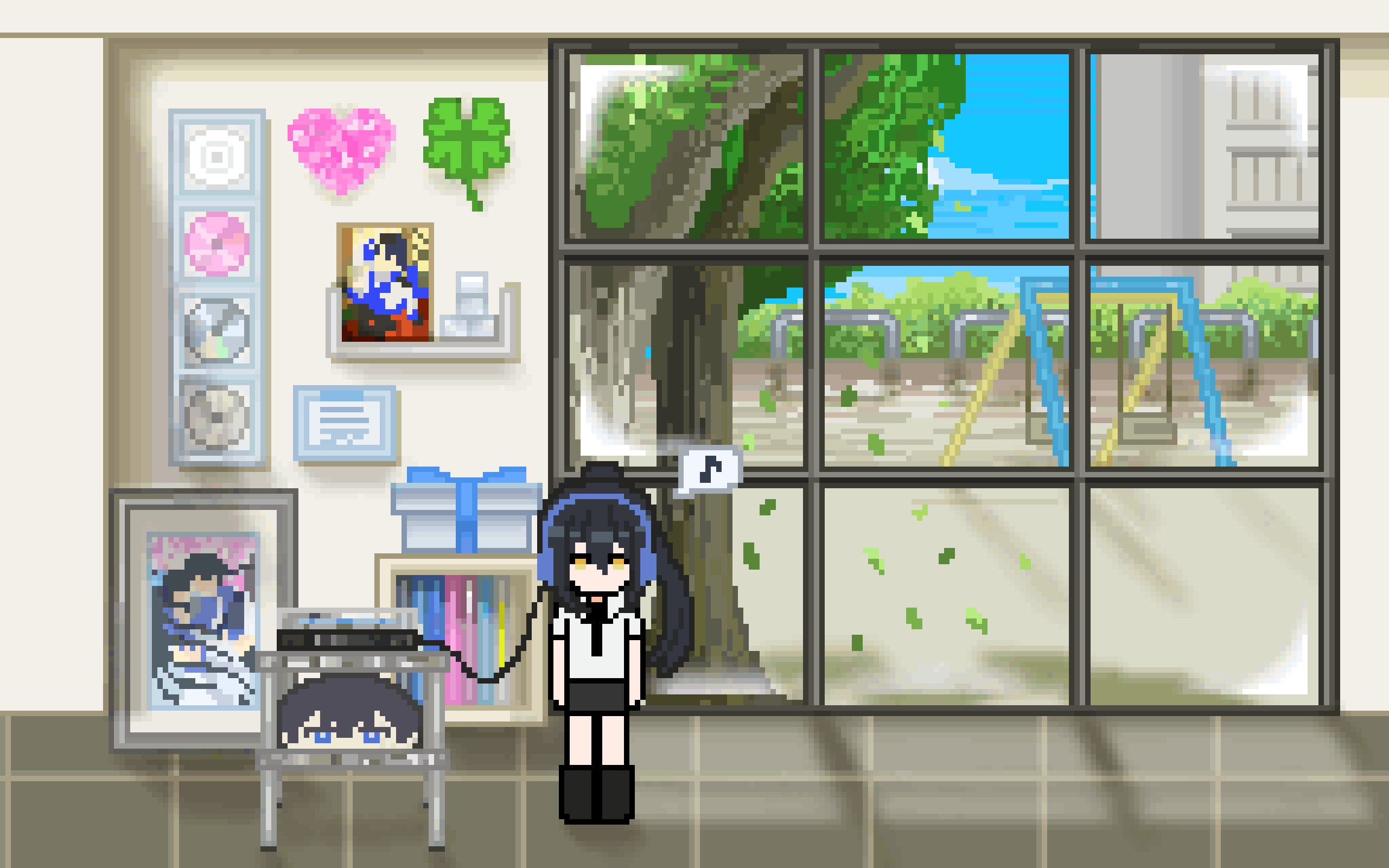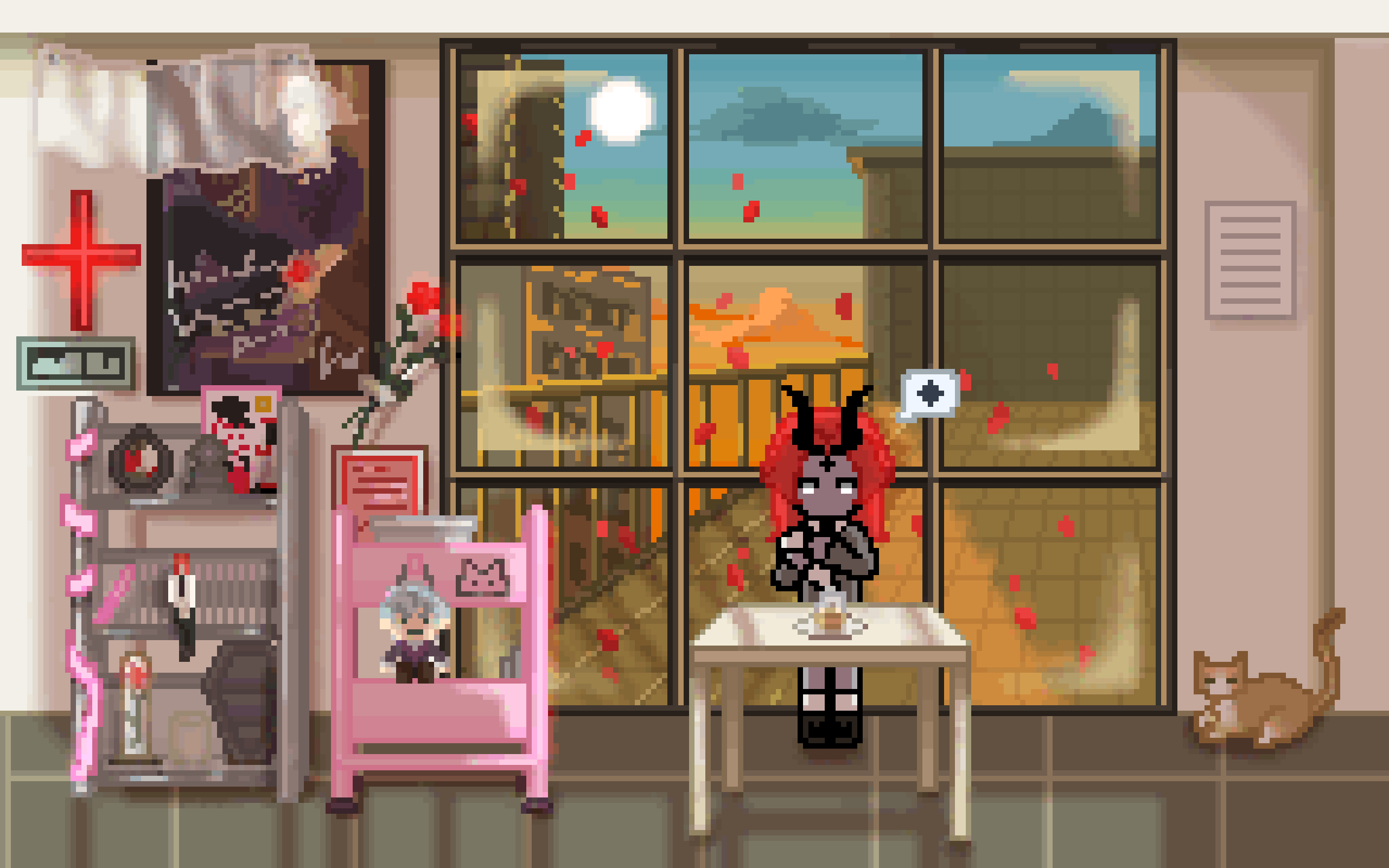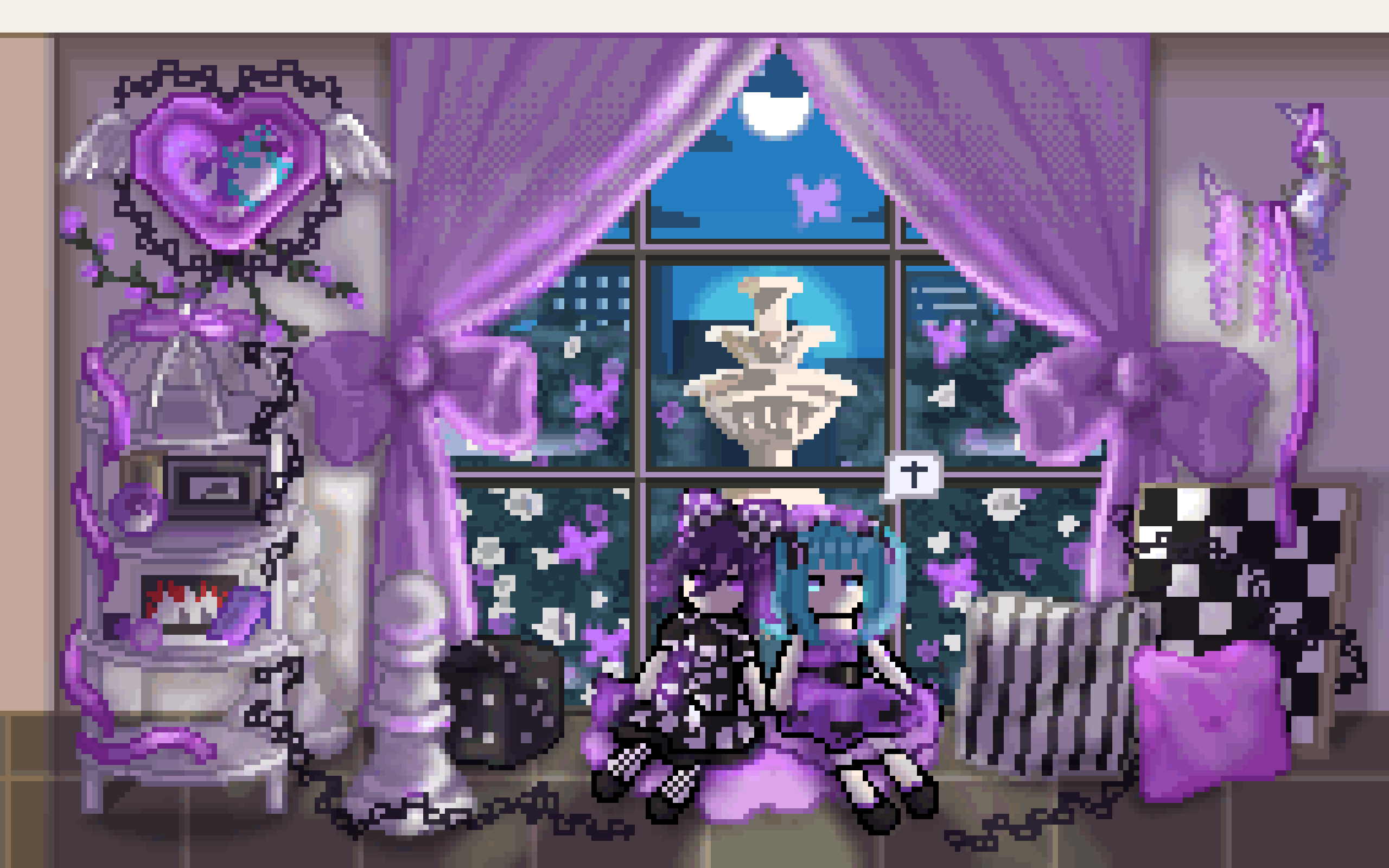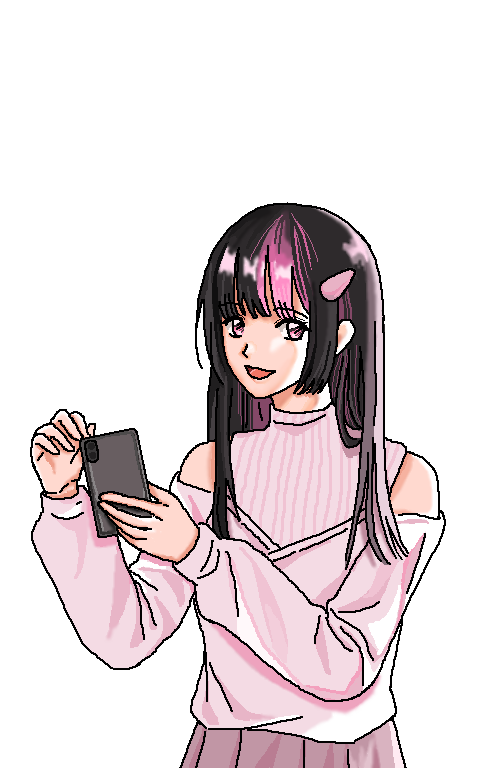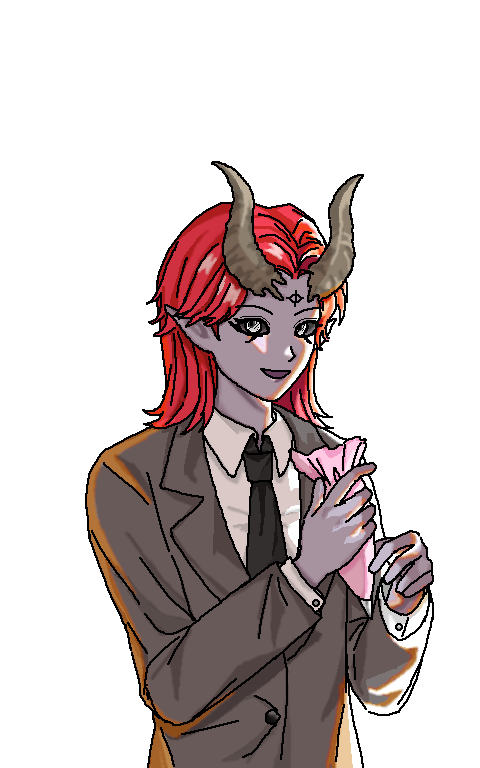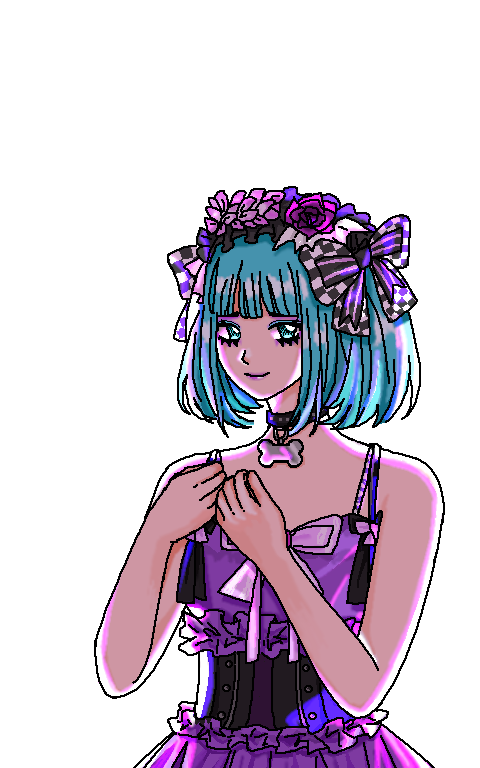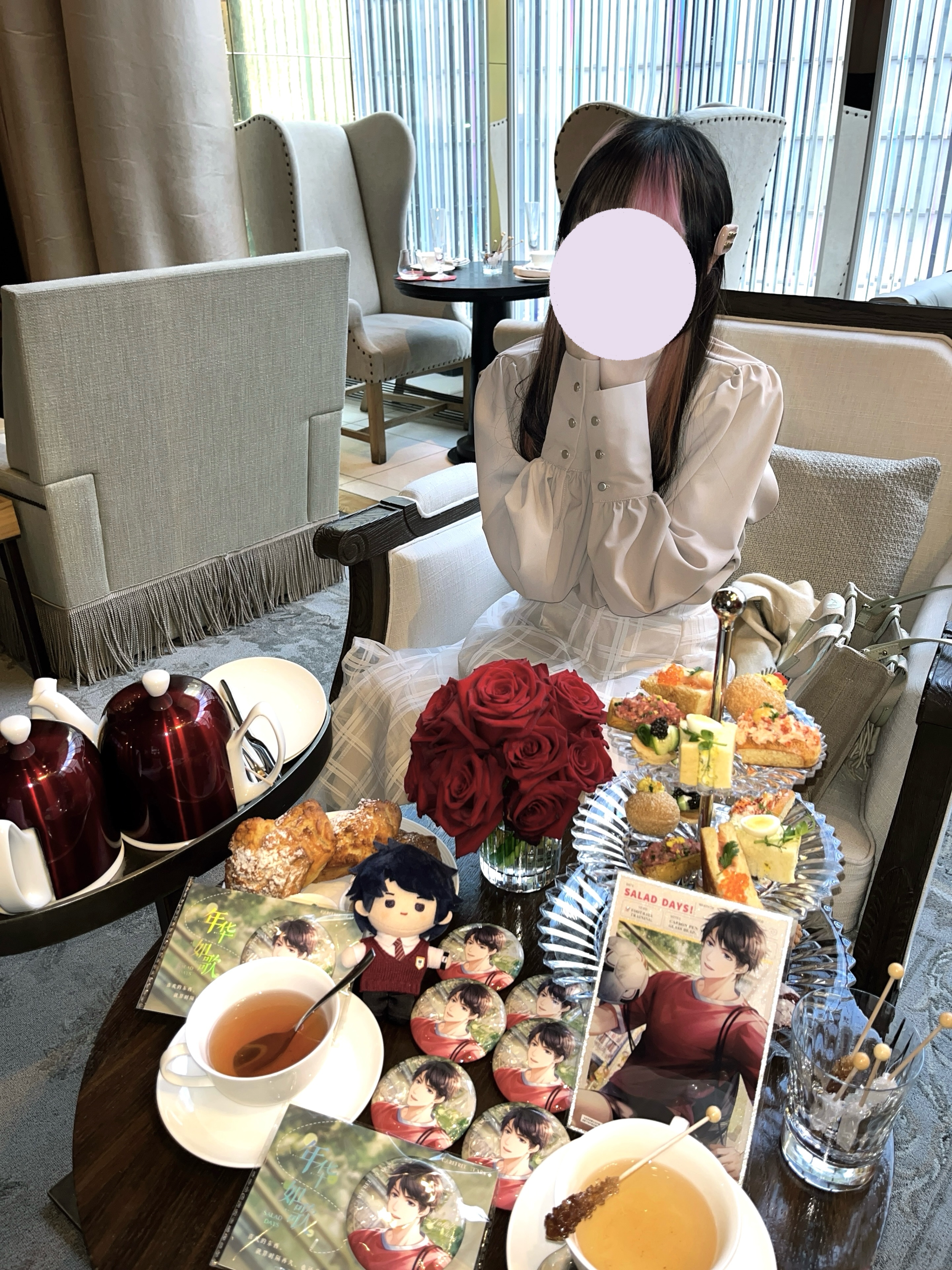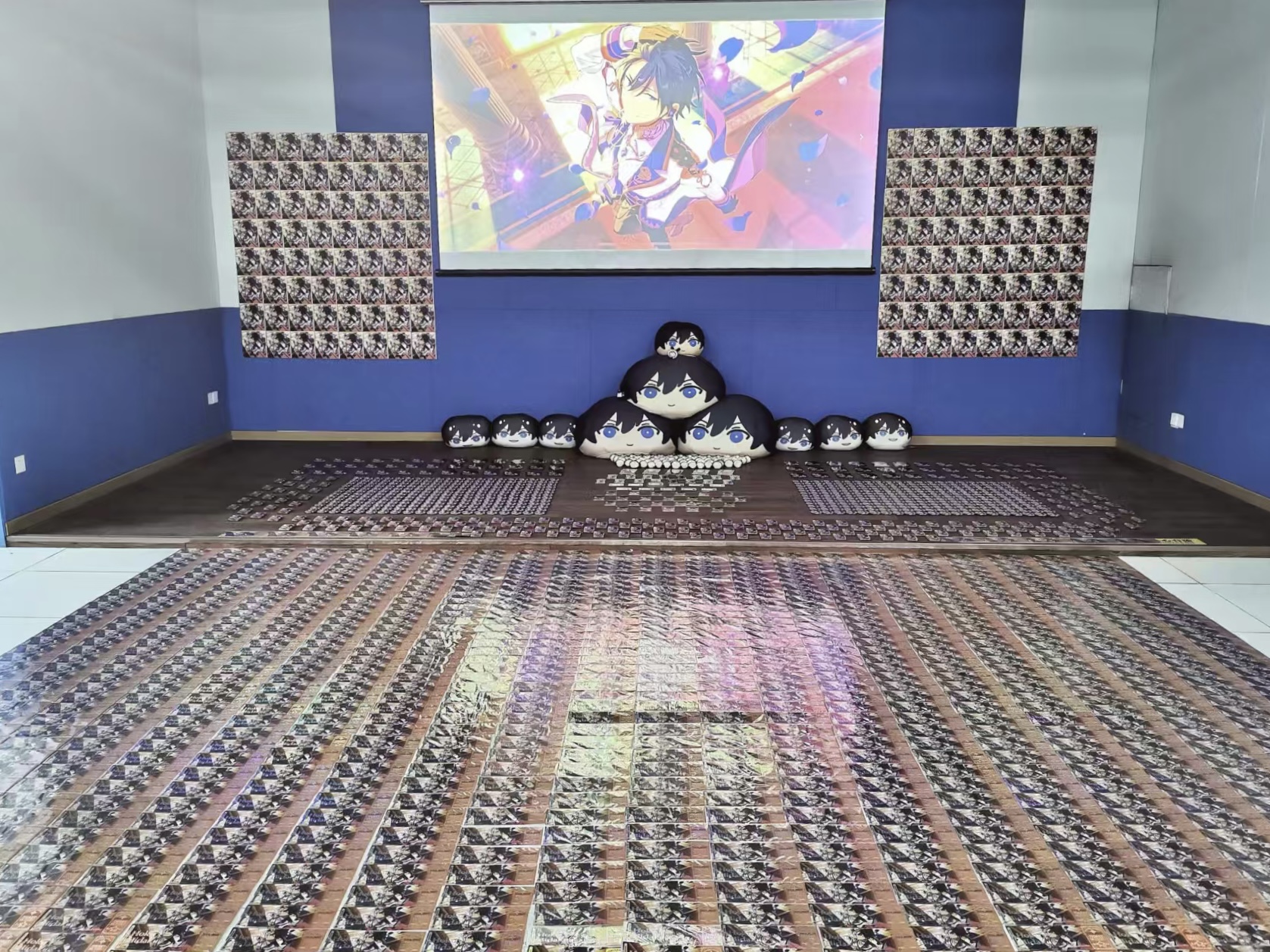In this subsection, romantic feelings for fictional characters are discussed. In these fictionalized romantic relationships, there are many benefits and some risks. These fantasized relationships are one-sided and may assist with the transition to real romantic relationships in a safe way.(32)
In addition to having an emotional investment to characters, some audiences develop crushes on their favorite characters. These parasocial relationships can be safer to have for some people than engaging in a real relationship.(33) This is in part because the relationship is unrequited since the object of affection is fictional and cannot return the feelings that the audience member has for them. With the commitment to watching the character, there is gratification that occurs that is similar to the enjoyment from a romantic relationship to a person that is real. The more enjoyable the character is for an individual, the more committed the person becomes to this parasocial relationship.(34)
Adolescents can use their parasocial relationships with their fictional crushes to ease the transition to their romantic relationships later in life. Through having these crushes, adolescents can figure out their sexuality and type of partner that they want in the future. These parasocial relationships provide fictionalized positive interactions, with no rejection or feelings of being unworthy of the partner. Through the fantasies involving the character, adolescents can have their needs met, unconditional regard, and acceptance while experiencing this faux-relationship.(35)
Individuals with social anxiety and a fear of rejection could use to parasocial relationships as a means of safely imagining romantic encounters.(36) Through these imaginary romances, scenarios can be played out in a fantasy that can ease anxiety for when a similar relationship occurs in reality. There are dating simulators that are a type of video game in which dialog options are offered with different partners. The goal of most of these games is to pick one of the options for a romance, while talking and going on dates with several people in the game.
Having a parasocial relationship that is romantic or sexual might be beneficial to some people because there is no rejection from the other party. Some audience members retreat to only having fictionalized relationships because of this safety of not being rejected. There have also been cases of people “marrying” objects that are a piece of merchandise of their favorite character. This tends to occur because romantic relationships are usually unrequited or seemingly unattainable for these fans and they prefer the fantasized company of a fictional character that can’t reject them.
While exploring these fictional relationships, there are times in which the venture turns toxic because it is only a fantasy. In having a parasocial romantic relationship, reciprocation of feelings can never occur.(37) There can also be a parasocial breakup in which the person no longer cares for the character for a variety of reasons (including scandals within the media, the character being significantly changed or lost interest).(38)
Having romantic parasocial relationships can ease the anxiety of starting a real relationship with a partner. While being a seemingly safer way of experiencing a fling, there are downsides to having a romantic attraction to a fictional character. Dating simulators can be viewed as a training course for some individuals to learn how to connect to others while playing a video game.
In this subsection, there is a discussion on how the parasocial relationships between characters in videogames and other types of media are different. While playing a video game, the parasocial relationship can become more intense since the player is controlling the character through their story.(39) There is a summary of a study done by Banks and Bowman (2016) that examined the relationship between what pronouns a player referred to their character as and the way that the player viewed their character (i.e. as an object or themselves or other).
Playing a video game is more active than watching a TV show or a movie.(40) This is especially true when the game is a “first person shooter,” in which the video game is played through the eyes of the character. The player makes the character perform actions and help guide the story instead of idly watching someone else go through an adventure.
When people are playing a video game, the parasocial relationships are strengthened because the player is active in deciding the character’s actions and receives “damage” when the character is hurt.(41) People sometimes vocalize when their character is hurt by saying, “ow” or they take out their frustrations of the character failing by either yelling or swearing. The relationship with the characters can also depend on how they are designed, either by the player or by the game developers. The characters in video games can be premade characters in the game by the developers, a character that can be customized but has a scripted story in the game or a customizable avatar in a game in which they can explore the open world of the game.
Avatars are personas that people use online in various ways (e.g. video games, social media sites, and forums). Avatars are used to portray an alternate self, in which many people choose to use a character with a different gender than their own for various reasons. Many avatars mimic human to human relationships by establishing a connection through the player.(42) Some avatars, usually through Massive Multiplayer Online (MMO) games, are actual people behind the screen that are interacting with the player, while in other types of games there are Non-playable characters (NPCs).
Avatars in the World of Warcraft game are customizable and can do many types of quests as well as mundane activities (such as eating, having sex, and going to the bathroom). During the hours of game play, the gamer can become attached to their avatar in different ways. In the study conducted by Banks and Bowman (2016), the relationship between the player and the character was explored using interviews with players of World of Warcraft. These interviews were then examined via a linguistic word count analysis for the content, word usage, and pauses between words. One of the aspects of the study was to look at the pronouns (e.g. “I,” “they/them,” “he/him,” or “she/her”) that the player used while talking about their avatars (Banks & Bowman, 2016). From this, different types of relationships were theorized between the players and their characters, such as, the player seeing the character as an extension of themselves or seeing the avatar as just an object in the game.(43)
While the way that the players refer to their characters is part of this relationship, there is a connection being built while the game is occurring. Through playing games, the relationship can be strengthened with the character, especially if this is part of a game series. Game series, such as Super Mario, the Legend of Zelda, and Mortal Kombat have a fan following that is built on the parasocial relationships with the characters, since the players are familiar with the playable characters from previous games.



